Health Systems Innovation Lab
The Health Systems Innovation Lab is a global research and training lab that specializes in health system performance, health policy, and venture creation.
677 Huntington Ave,
Boston, MA 02115
Building 1, 11th floor
Research Alumni
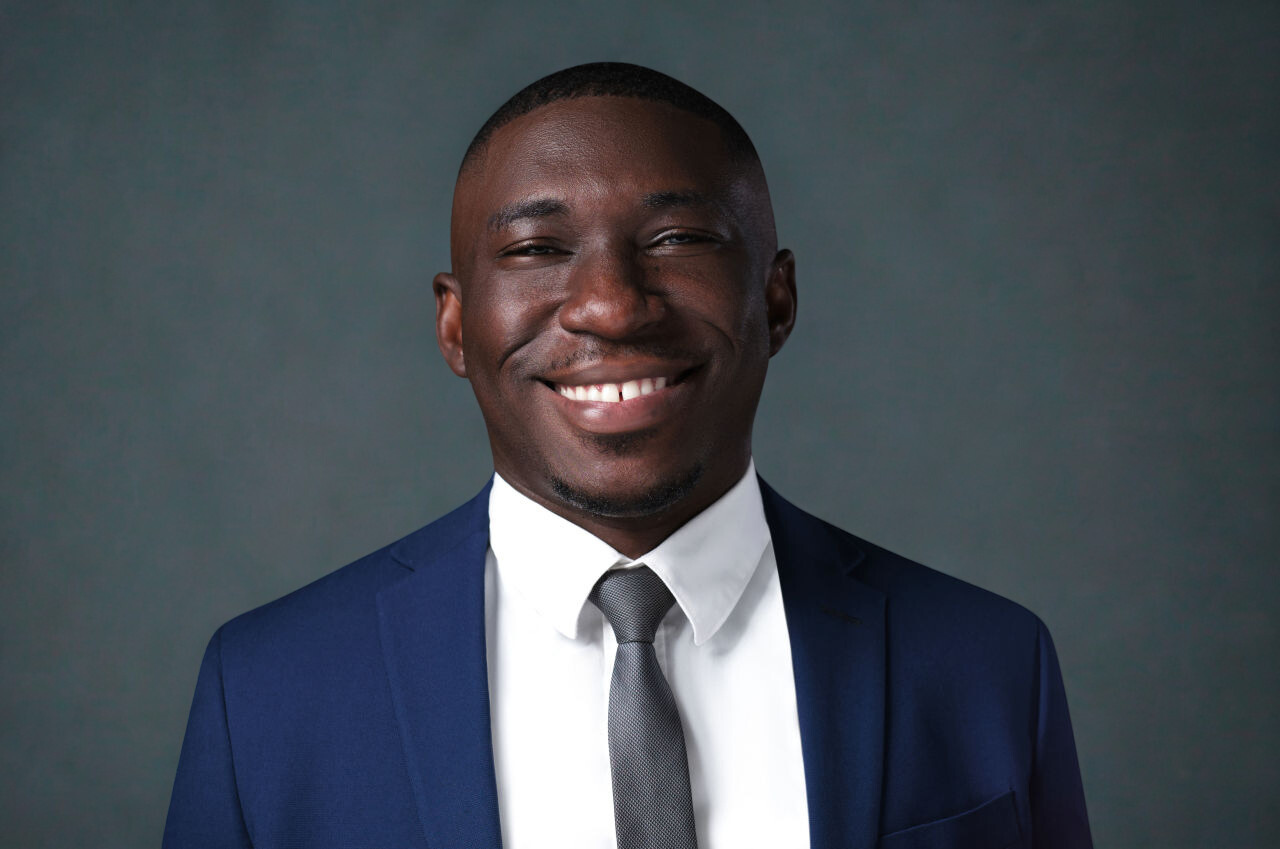
Kwabena Lartey is a current Anesthesiology resident at the University of Kansas Medical Center, where he serves as the global health track resident. He graduated from the Harvard T.H. Chan School of Public Health in 2021 with a Master’s in Public Health (Global Health) and as a 2020 Harvard Presidential Scholar. He was one of the pioneering members of the HSIL leadership team when it was founded in 2022, and helped in the design of the lab protocols, policies and procedures. He also served as a Research Associate and led the design of three global health hackathons during this time. He is in training to be a cardiac anesthesiologist and aspires to be a global health expert in the field of anesthesiology.
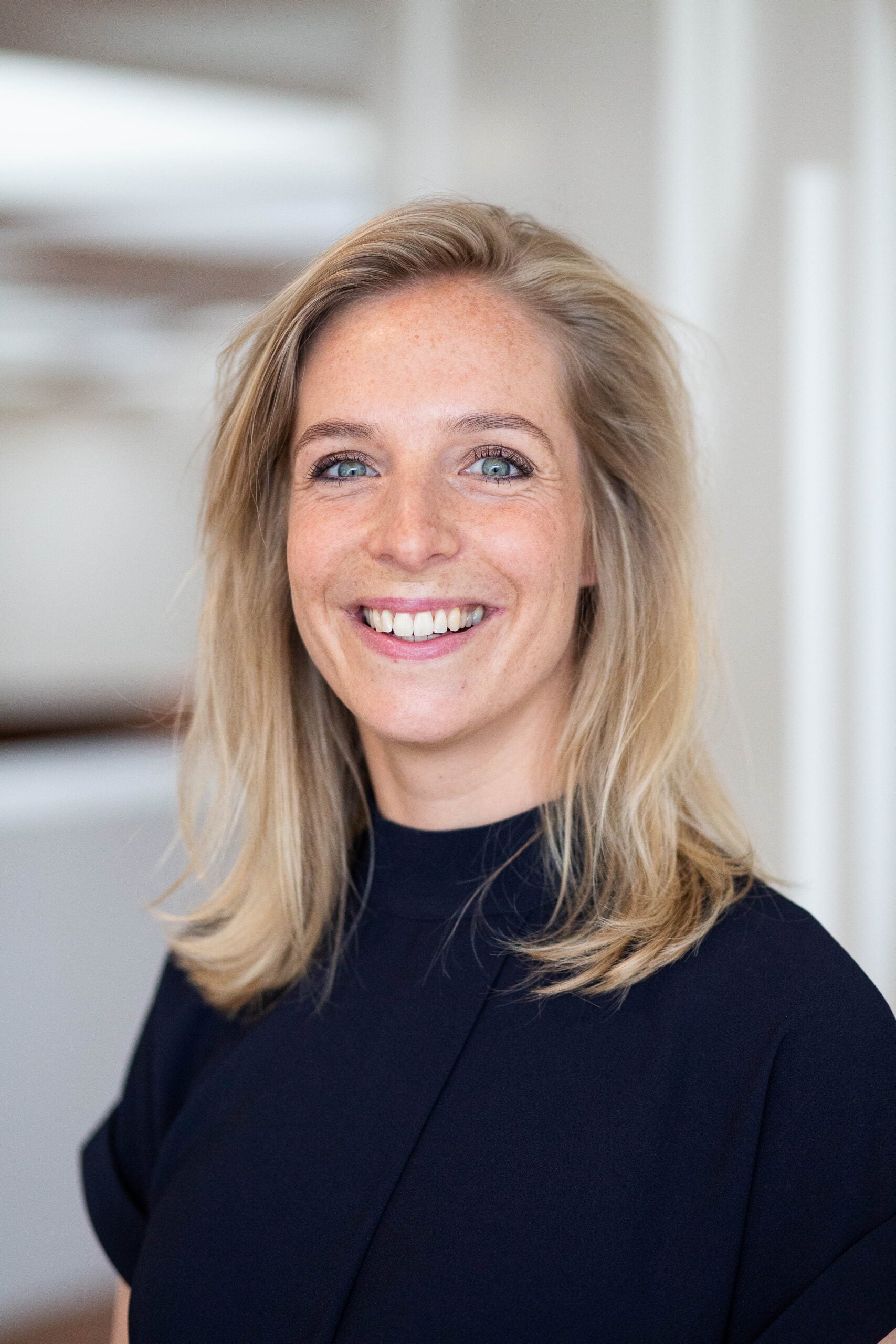
Dr. Caroline Bulstra’s research at the Health Systems Innovation Lab focuses on optimizing healthcare delivery for chronic diseases. She earned her PhD at Erasmus University Rotterdam, applying geospatial modeling to optimize prevention and control strategies for HIV, malaria, and neglected tropical diseases. Next to her work the Health Systems Innovation Lab, Caroline leads the “Global Health Systems and Planetary Health” group at the Heidelberg Institute for Global Health and has consulted for UN organizations including the World Bank, UNAIDS and the World Health Organization.
Her research has been published in journals such as the Lancet HIV, Lancet Diabetes and Endocrinology, Nature Communications, and PLOS Medicine. She holds graduate degrees in Veterinary Medicine and Epidemiology from Utrecht University and Erasmus University Rotterdam.

Camila is a Physiotherapy undergraduate at the Federal University of Triângulo Mineiro (UFTM) in Brazil, with a special interest in oncology research. She is currently collaborating with the Harvard Health Systems Innovation Lab as an intern on the Health Systems and Cancer Initiative in Latin America (HSCI-LA) project. After graduation, she plans to pursue a Master of Public Health degree, seeking to expand her knowledge and experience on the matter and assist in the development of improvements on Latin American health systems regarding cancer care.
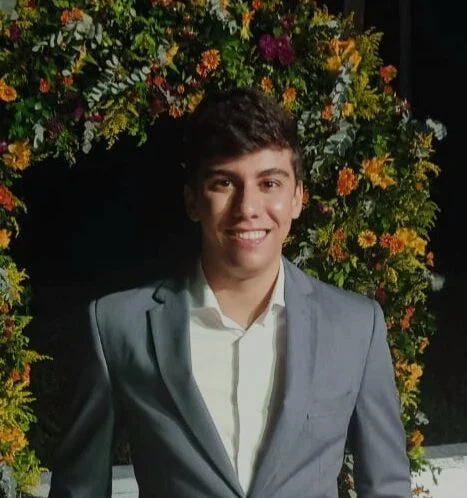

Assel Ibadulla is a health policy researcher with a strong commitment to global health equity and strengthening global health systems. She holds a BSc in Biological Sciences from Nazarbayev University and an MPH in Health Policy from Yale University.
Assel has conducted research at Yale’s Equity Research and Innovation Center, employing both quantitative and qualitative methods to examine the health impacts of the prosecution of ethnic minority groups in Xinjiang and identify their health needs.
Previously, Assel interned with the Becoming Breastfeeding Friendly global initiative (2022) and the CoronaNet project (2021), and contributed to a joint project between the WHO Europe and Kazakhstan’s Ministry of Health aimed at reintroducing the HPV vaccine.
At the Health Systems Innovation Lab, Assel’s research focuses on the “Transitioning to High-Value Health Systems in G20+ Countries” project, with particular emphasis on value-based payment models, value-based procurement, and outcome measurement systems. She is also part of the organizing team for the Harvard Health Systems Innovation Hackathon.

Mahnoor Nawab is a physician from Pakistan, currently pursuing an MPH in Global Health at the Harvard T.H. Chan School of Public Health. With a background in global surgery, she previously worked at IRD Global, where she played a key role in developing the Birth Defects Registry in Karachi and implementing safe circumcision programs to enhance surgical safety and accessibility. Her interests lie at the intersection of health systems, artificial intelligence, and health ventures, with a strong focus on leveraging innovation to improve healthcare delivery. Currently, she is working with the Health Systems Innovation Lab (HSIL) for her practicum, conducting an in-depth assessment of venture incubation programs across the U.S. She is also an active member of the HSIL Hackathon team. Mahnoor is committed to developing scalable, technology-driven healthcare solutions, using her clinical/global health expertise and entrepreneurial mindset to drive meaningful impact in public health.
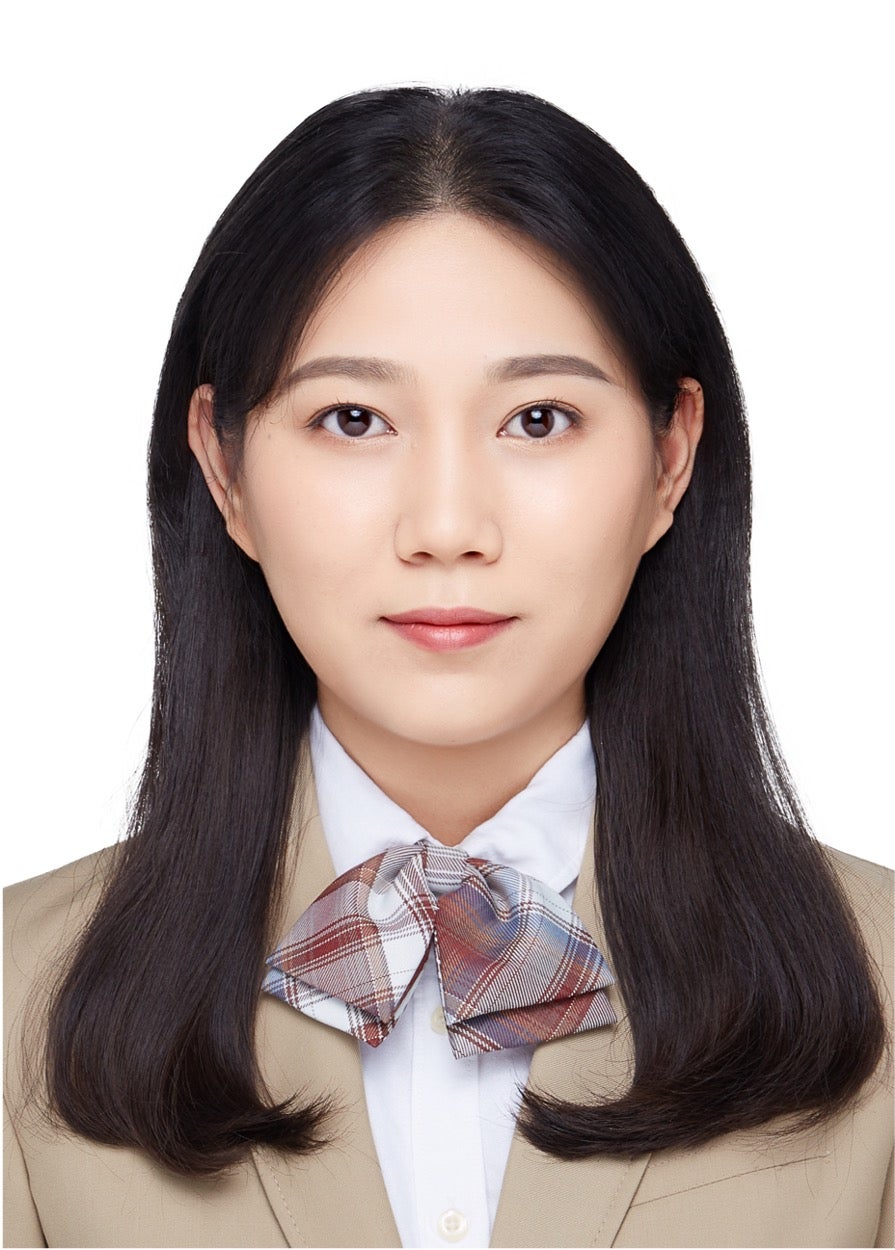
Ning Ma is a Ph.D. student at Vanke School of Public Health, Tsinghua University, China. Her research interests are at health inequality, social determinants of health, and maternal and child health. Her work has been published in The Lancet Global Health, The Lancet Child & Adolescent Health, and other journals. Ning has also contributed to the Tsinghua-Lancet Commission Report on Health and Poverty Alleviation in China, where she assessed the impact of poverty alleviation policy on chronic disease management.

Yuhao Kong is currently a Ph.D. candidate at the Vanke School of Public Health, Tsinghua University, China. Her research focuses on the social determinants of maternal and child health, tobacco control, and health inequalities in low- and middle-income countries. She has published in high-impact journals, including The Lancet Public Health, The Lancet Global Health, and eClinicalMedicine. Additionally, she is involved in several tobacco control projects in collaboration with the Gates Foundation and the World Health Organization (WHO).
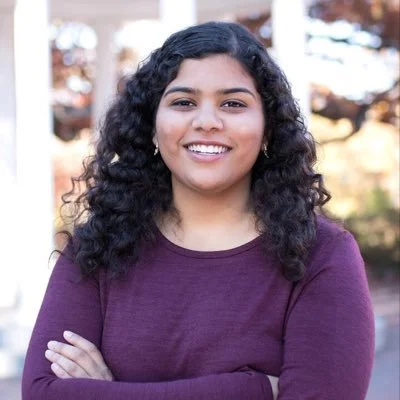
Pooja Joshi is a Master of Public Policy (MPP) and Master of Business Administration (MBA) student at the Harvard Kennedy School and Harvard Business School. She is a Rubenstein Fellow at the Center for Public Leadership. Her research interests are at the intersection of business and government in global health. At HSIL, she is excited to be supporting work on high-value health systems. Prior to Harvard, she has worked in management consulting and healthcare startups in emerging markets. She holds a Bachelor of Science in Public Health from the University of North Carolina at Chapel Hill, where she was a Morehead-Cain Scholar. In her spare time, she enjoys writing fiction, boxing, and singing Hindustani classical music.
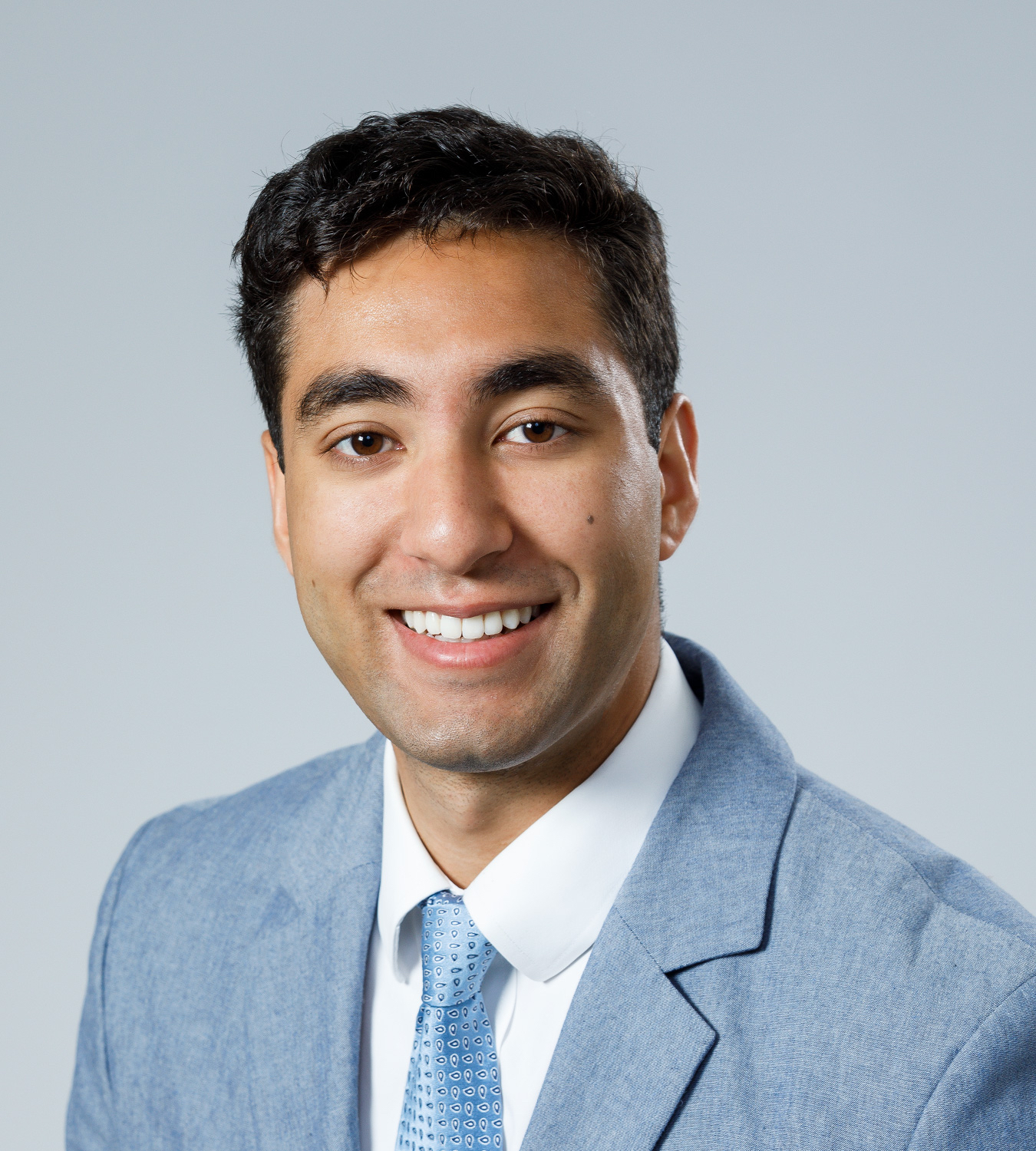
Qassi Gaba is a Master of Biomedical Informatics (MBI) student at Harvard. He is also a Research Scholar and Capstone student at the Health Systems Innovation Lab at the Harvard T.H. Chan School of Public Health Department of Global Health and Population. His capstone focuses on modeling the health and economic impact of scaling up quality of cancer care globally.
Prior to Harvard, he received a B.A. in Cell & Systems Biology from the University of Oxford, where he specialized in cancer biology and immunology. Qassi aims to bridge healthcare, data science, and business strategy to advance equitable and effective healthcare delivery. His past experiences include strategy consulting at Boston Consulting Group (BCG), growth equity investing at MVM Partners, and precision medicine research at the Dana-Farber Cancer Institute with Prof. David Livingston.
In his spare time, Qassi enjoys playing sports, such as golf, soccer, and squash, and is a keen supporter of the New Zealand All Blacks.
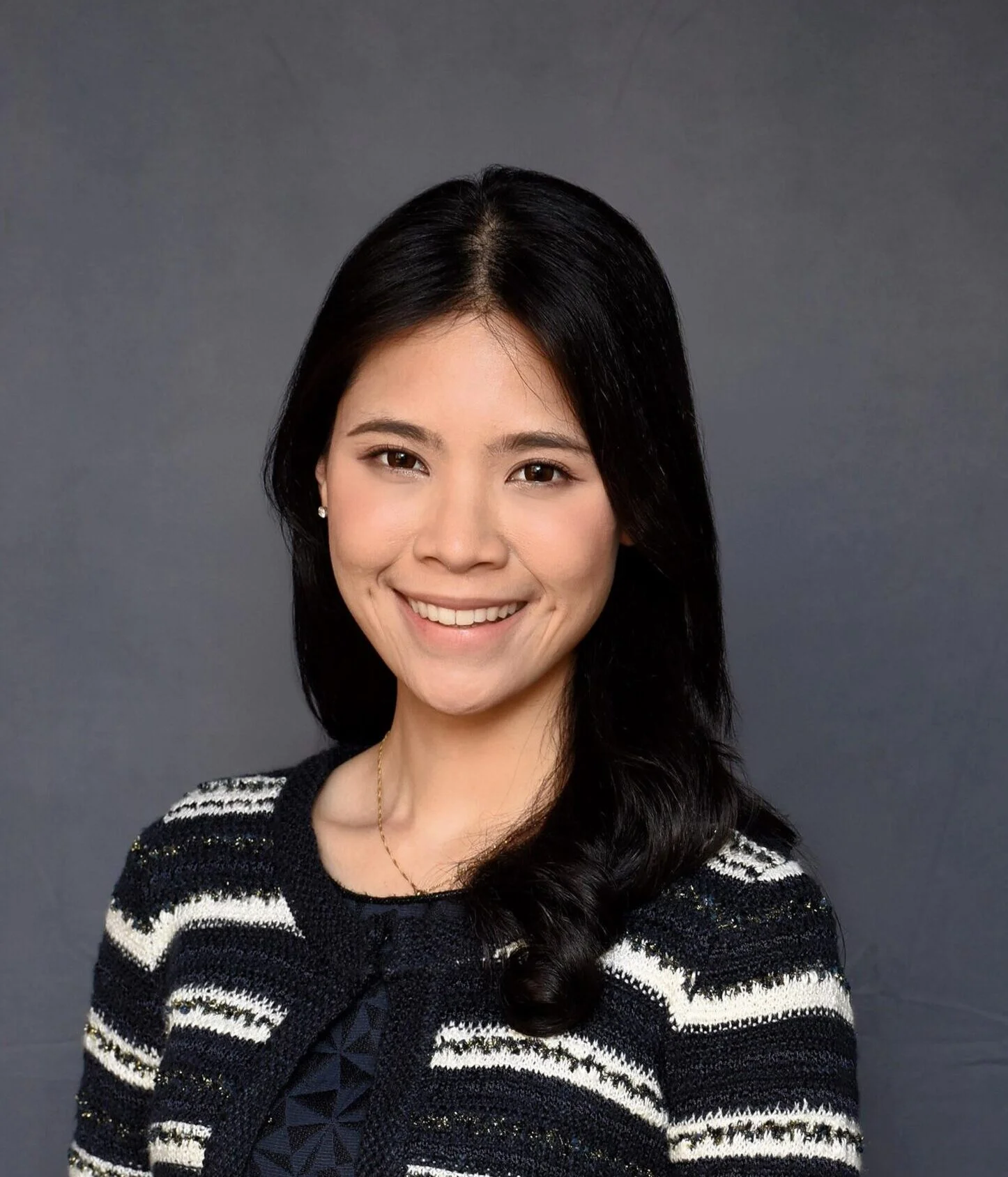
Dr Thanitsara (Muky) Rittiphairoj is a Research Assistant at the Department of Global Health and Population, Harvard T.H. Chan School of Public Health, and a Senior Professional Research Methodologist at Cochrane Eyes and Vision U.S. Satellite, University of Colorado Denver Anschutz Medical Campus, USA. Her research interests include synthesizing high-quality evidence and improving healthcare delivery systems and resource allocation in preventive health services in non-communicable diseases (NCDs) for low- and middle-income countries. Dr. Rittiphairoj received her M.D. from Chulalongkorn University, Bangkok, Thailand, in 2018, and her Master of Public Health from Harvard T.H. Chan School of Public Health in 2021. Prior to entering graduate school, she was awarded a full scholarship from the Prince Mahidol Award Foundation to conduct research at the Center for Clinical Trials and Evidence Synthesis, Department of Epidemiology, Johns Hopkins Bloomberg School of Public Health for one year, where she synthesized high-quality systematic reviews in NCDs to inform clinical decision making.
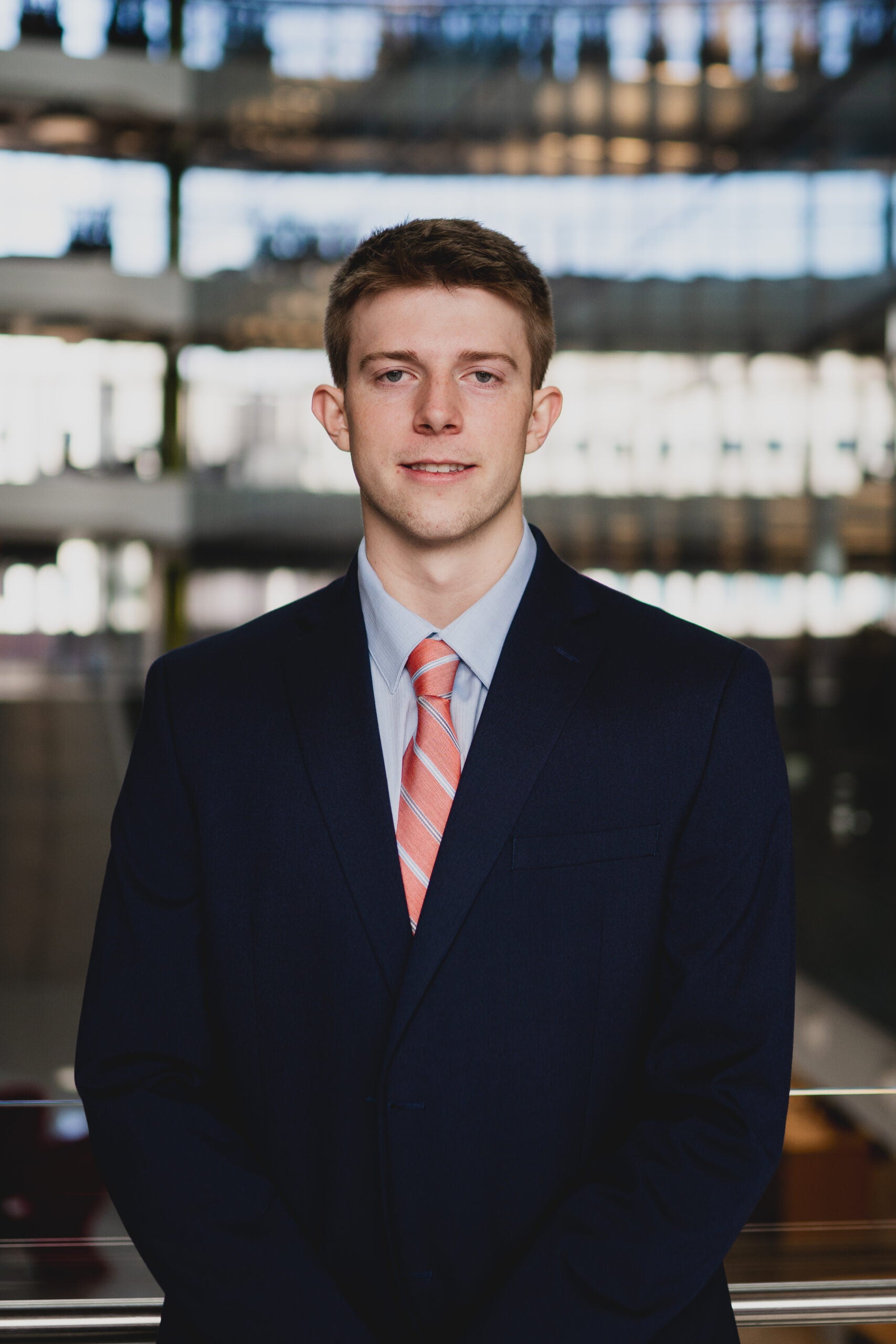
Luke Brothers is a recent graduate of Northeastern University. He holds a B.S. in Health Science and Business Administration with a minor in Data Science. Luke’s primary interests lie in health system innovation, venture strategy, and business development. Luke’s previous experience includes healthcare consulting at KPMG, business and data analysis at Harvard Medical School, and business development for multiple early-stage ventures in the life sciences sector.
At the Health Systems Innovation Lab, Luke’s research focuses on the “Transitioning to High-Value Health Systems in G20+ Countries” project, with emphasis on strategic change and innovation ecosystems and integrated provider networks. He is also involved in HSIL’s global hackathon and venture incubator program.
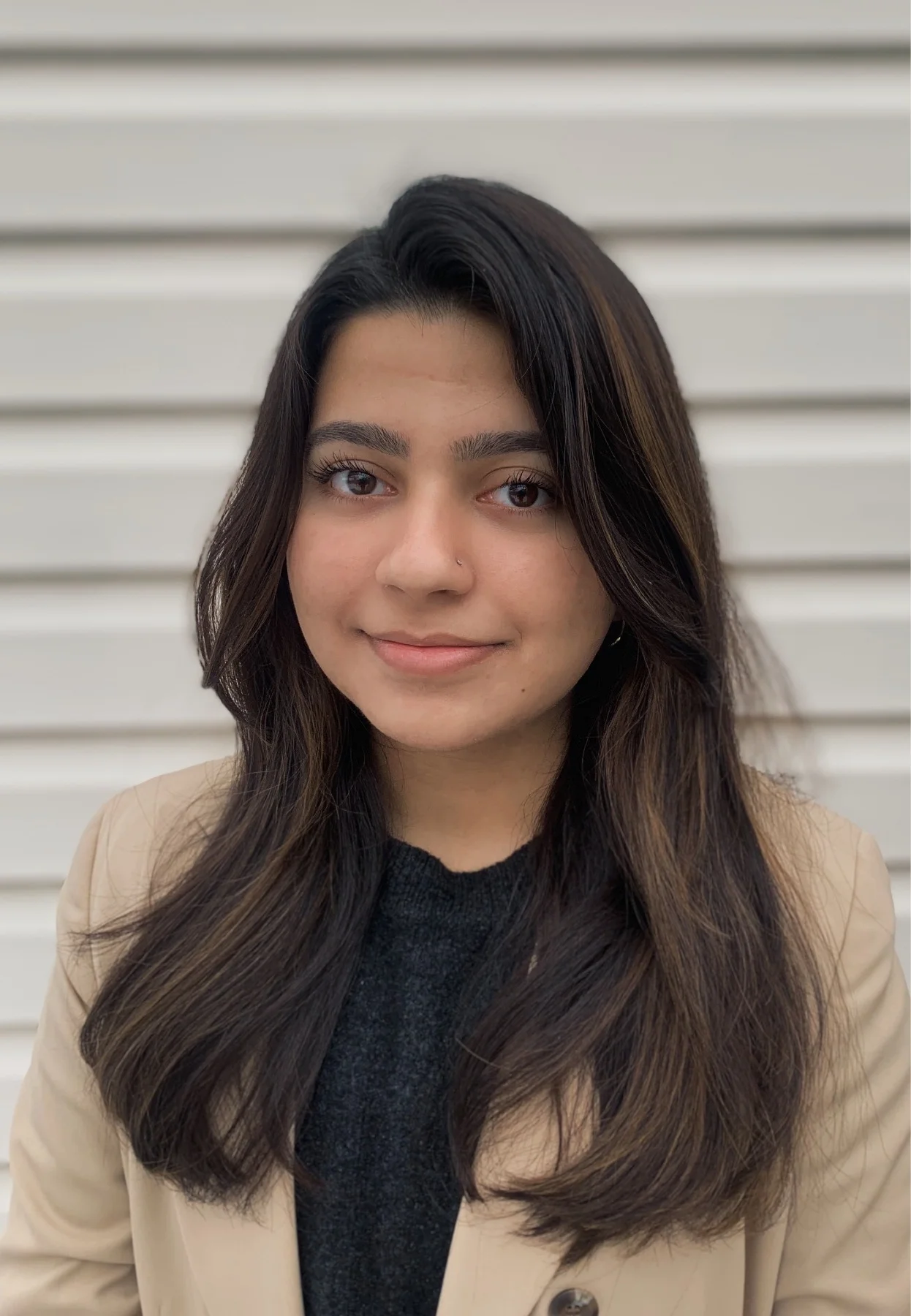
Maira Owais is currently a third year student studying in the Departments of Biology and Economics at Amherst College. Her academic and career interest are directed towards public health and global policy, with a particular focus on studying healthcare from an economic perspective and using the framework of health economics to better understand the intricacies of system structures. She has been working with the Health Systems Innovation Lab over the past year and has been fortunate enough to collaborate on a number of projects that has given her great insight into the field and cemented her interests in global health.
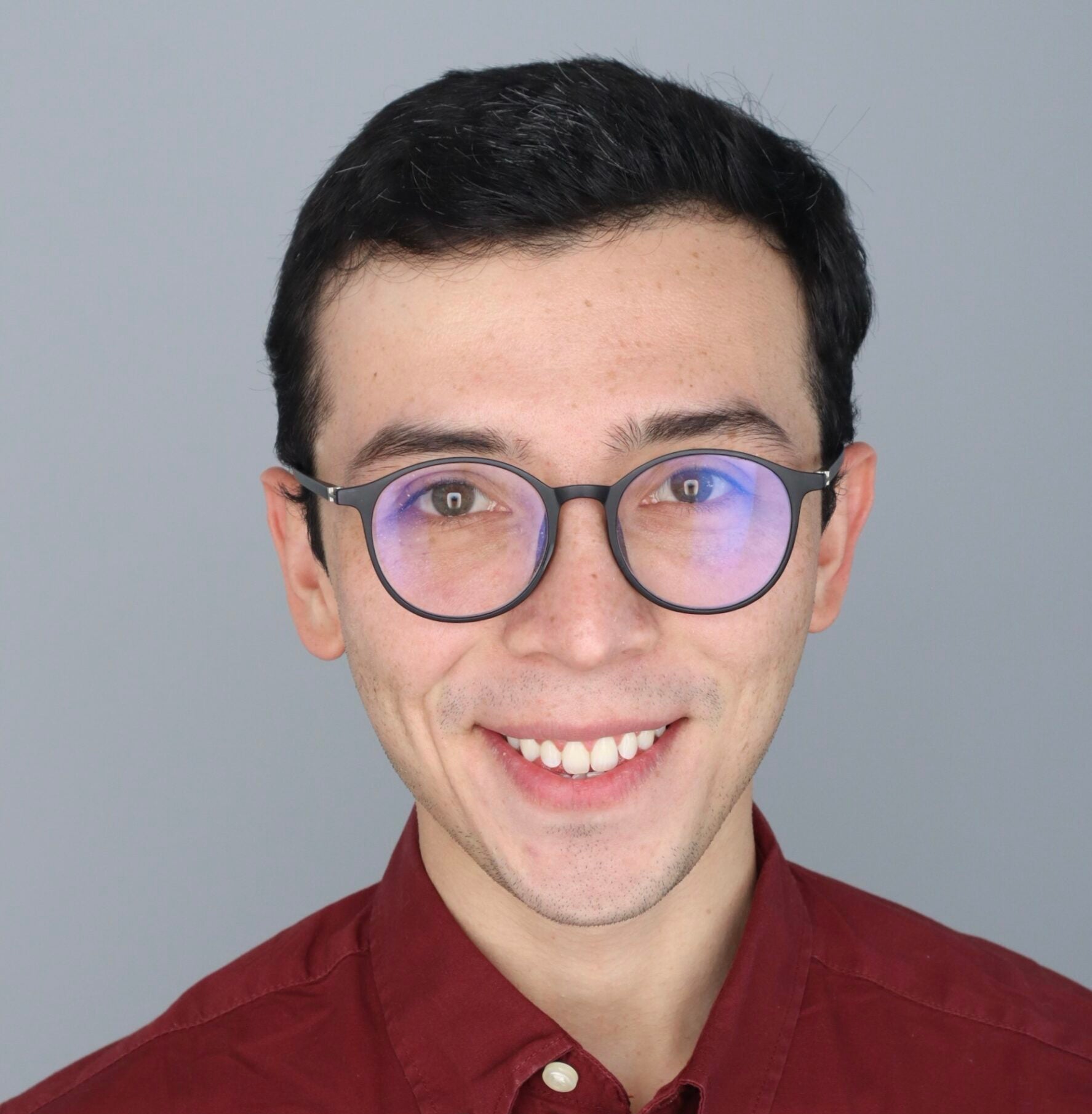
Mateo Díaz-Quiroz is a Colombian physician completing a Master of Public Health in Global Health at the Harvard T.H. Chan School of Public Health. Passionate about health equity, he has extensive experience working with vulnerable communities in Colombia.
His work focuses on health systems strengthening, community-led healthcare access initiatives, intercultural health programs, and planetary health interventions in the Amazon rainforest. At the Health Systems Innovation Lab, Mateo has contributed to the Transitioning to High-Value Health Systems in G20+ Countries project and played a key role in organizing the Harvard Health Systems Innovation Hackathon for Latin America and the Caribbean.
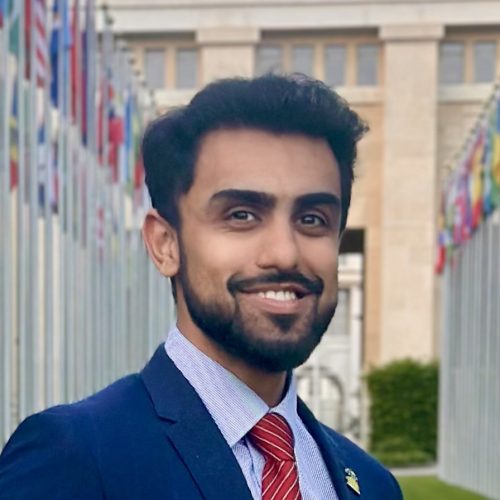
Dr. Shreenik Kundu is a Ph.D. student at McGill University and a Jean Martin Laberge Global Pediatric Surgery Fellow with extensive clinical experience. He completed the Paul Farmer Global Surgery Fellowship at Harvard Medical School’s Program in Global Surgery and Social Change. His research interests are centered around trauma and disaster management, democratizing emergency, and trauma education through virtual reality, and MedTech research and development. Dr. Kundu completed his medical school and training at the West China School of Medicine, Sichuan University, in China, and a fellowship at the Global Surgery Foundation in Geneva, Switzerland.
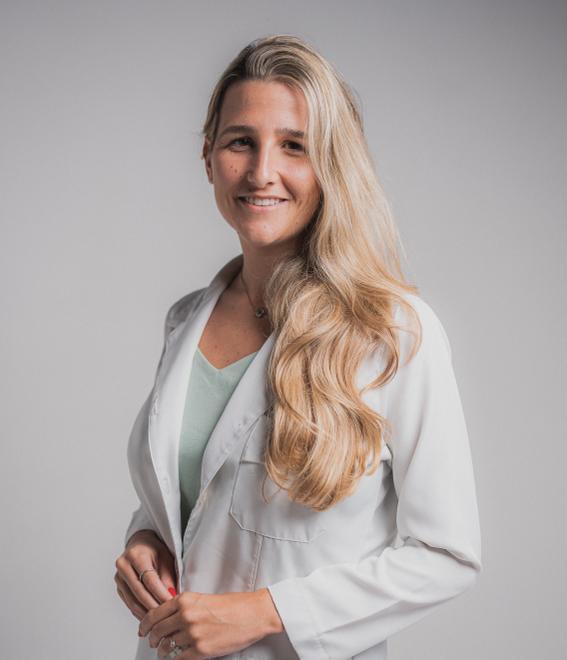
Dr. Ayla Gerk is a Medical Doctor with extensive clinical experience in Argentina, currently pursuing a PhD at McGill University as a Jean Martin Laberge Global Pediatric Fellow. She conducts research at the Commisur Lab, Harvey E. Beardmore Division of Pediatric Surgery, Montreal Children’s Hospital, and recently completed the Paul Farmer Global Surgery Fellowship at Harvard PGSSC. Recognized by the Boston Congress of Public Health as a 40 Under 40 in 2024, Dr. Gerk is a strong advocate for equity in global health and serves as a Junior Advisor for the Gender Equity Initiative in Global Surgery.

Mawulorm Denu MD, MPH, is a research scholar at the Harvard Health Systems Innovations Lab. He is a physician and public health researcher with an MPH from the Harvard T.H. Chan School of Public Health, and currently a resident at Harlem Hospital/Columbia University in New York. He previously worked as a researcher in the Division of Cardiology at the University of Massachusetts Chan Medical School.
His research is focused on non-communicable diseases, with a particular interest in hypertension and hypertensive disorders of pregnancy. He has special interests in global health, with an emphasis on developing local-level health system innovations to improve non-communicable disease management in African countries.
Beyond research, he has played an active role in organizing public health initiatives, including the inaugural Harvard Africa Health Conference and previous editions of the HSIL Health System Innovation Hackathons. His work bridges clinical medicine and research, public health, and health system innovation to drive impactful solutions in both local and global settings.
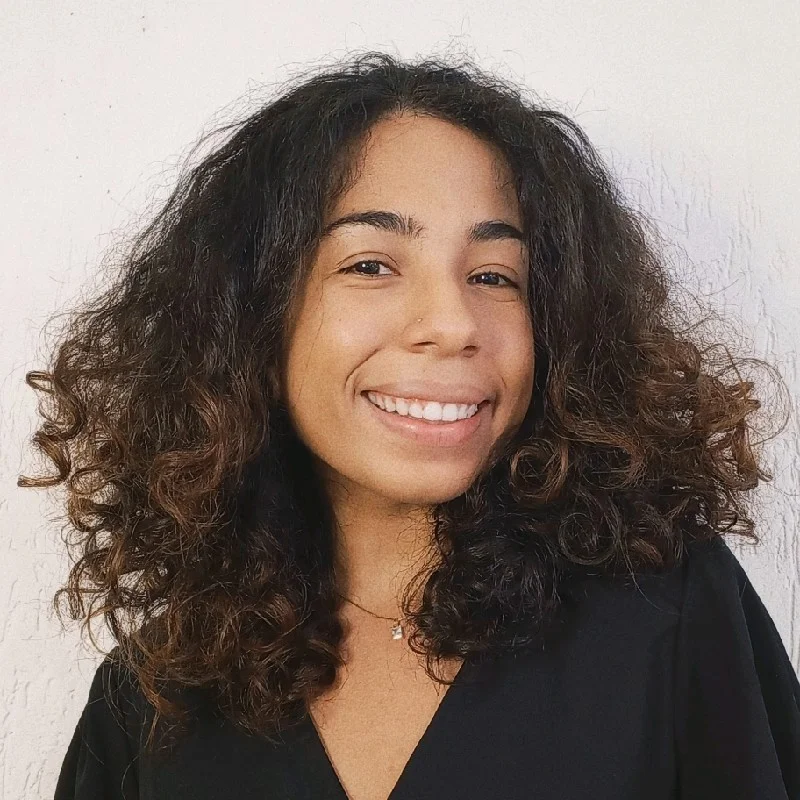
Aila has a bachelor’s degree in Biomedical Sciences from the University of São Paulo (USP) in Brazil with a focus on bioinformatics, data analysis, and public health. Her primary objective is to employ data-driven approaches to address global health challenges regarding non-communicable diseases. At the Harvard Health Systems Innovation Lab, she works on the Data-Collaborative on Health Systems Performance (DC-HSP) project, contributing to harmonizing the global evidence on cardiometabolic diseases. Looking ahead, she plans to pursue a Master’s in Public Health and a specialization in biomedical data science to further enhance her knowledge and impact in the field, aiming to advance innovation and data-driven healthcare in Latin America.

Maria Antônia Costa Cruz Akabane is a third-year medical student at the Federal University of Juiz de Fora and a Research Intern at the Health Systems Innovation Lab at Harvard T.H. Chan School of Public Health. She is passionate about global health, health systems innovation, and evidence-based medicine, with a focus on endocrinology, cardiometabolic diseases, and hematology/oncology.
Maria Antônia has presented research at major international conferences, including ENDO 2024 and the AHA Scientific Sessions 2024. Her work spans systematic reviews, meta-analyses, and real-world data studies, addressing diabetes technologies, the cardiovascular safety of novel therapeutics, and racial disparities in leukemia outcomes. At the lab, she contributes to Phase II of The Global Collaborative on Health Systems Performance (GC-HSP), applying big data and advanced analytics to optimize healthcare systems and improve cardiovascular disease management.
Committed to bridging the gap between clinical practice and research, Maria leverages technology and data-driven solutions to advance health equity and patient-centered care. She aims to pursue a Master of Public Health (MPH) to drive impactful transformations in health systems worldwide.

Dr. Anne Bischops is a physician and postdoctoral research fellow at the Health Systems Innovation Lab, where she investigates health systems performance for children and adolescents. She is currently working on the GC-CDIC project to examine health systems performance in relation to diabetes and mental health in children in 33 countries. She has been directly involved in research and care delivery projects focusing on improving chronic disease and mental health care for adolescents since 2020. In addition to her work as a resident doctor in pediatrics at the University Children’s Hospital Duesseldorf, she has led several randomized controlled trials and implemented a digital coaching program that she co-designed working with various stakeholders. Anne completed her medical training at Heidelberg University, where she also earned her dissertation at the Heidelberg Institute of Global Health, examining non-communicable diseases in India and global adolescent health behavior.

Khushman is a Research Collaborator with the Harvard Health Systems Innovation Lab. Her work focuses on designing and evaluating scalable solutions to strengthen health systems in resource-limited settings. She contributes to the Global Collaborative for Health Systems Performance and supports the Health Systems Hackathon, advancing innovative approaches to improve health care delivery and policy.
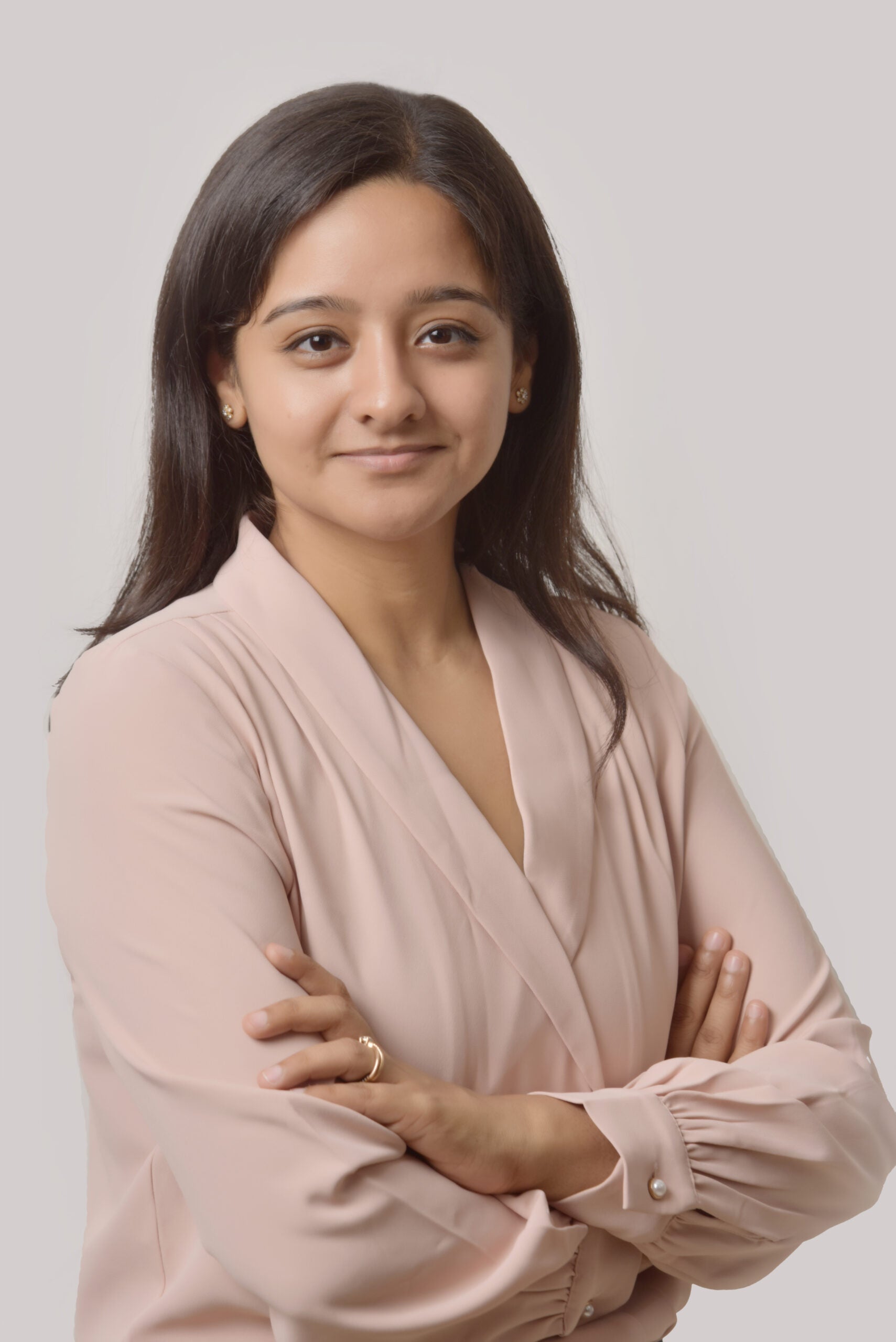
Smitha is pursuing a Master of Public Health at Harvard T.H. Chan School of Public Health, with a focus on health policy. She also holds an MBA from the Indian Institute of Management, Indore and is trained in Economics. As a Senior Consultant for Deloitte Consulting, she advised key payors on expanding value-based care capabilities to improve care delivery. It was this experience that cultivated in her, a curiosity of policy-led positive market behavior in health systems. At Chan, Smitha intends to learn how financing and payment design can strengthen systems. She is passionate about leveraging her prior experiences to boost market access that can improve care outcomes in low- and middle-income countries.

Lauren is studying History of Science and Economics at Harvard College as a member of the class of 2025. She is interested in healthcare system development and health policy. Prior to her position at the Health Systems Innovation Lab, Lauren has worked as a Health Policy and Advocacy intern at Fenway Health, a Boston community health center, and as a research assistant with the Maternal Health Task Force at the Harvard T.H. Chan School of Public Health. At the lab, Lauren is working on projects related to integrated healthcare delivery in Sub-Saharan Africa to address the rise of noncommunicable disease.

Dr. Catharine Young is a globally recognized leader in innovation and health policy, with a track record of scaling transformative initiatives. As Assistant Director for Policy and International Engagement for the Biden Cancer Moonshot at the White House OSTP, she shaped national and international cancer strategies, launched federal policies, and secured multi-billion-dollar commitments.
Born in South Africa, Dr. Young’s immigrant journey fuels her commitment to health equity. She led the SHEPHERD Foundation, driving rare cancer research and policy reform, and has advanced AI, data sharing, and clinical trial reform to accelerate cancer breakthroughs.
Her leadership extends into national security, where she strengthened global biosurveillance and biosecurity at the U.S. Department of Defense, helping lead the U.S. response to the Ebola outbreak. She has also fostered international research collaborations as Senior Director of Science Policy at the Biden Cancer Initiative and Senior Science Advisor at the British Embassy.
A Presidential Leadership Scholar, National Academies New Voices Fellow, and TED Fellow, Dr. Young holds a Ph.D. in Biomedical Sciences and completed postdoctoral work in Biomedical Engineering at Cornell. She is renowned for bridging science, policy, and advocacy to build impactful health ecosystems.

Yuhao Kong is currently a Ph.D. candidate at the Vanke School of Public Health, Tsinghua University, China. Her research focuses on the social determinants of maternal and child health, tobacco control, and health inequalities in low- and middle-income countries. She has published in high-impact journals, including The Lancet Public Health, The Lancet Global Health, and eClinicalMedicine. Additionally, she is involved in several tobacco control projects in collaboration with the Gates Foundation and the World Health Organization (WHO).
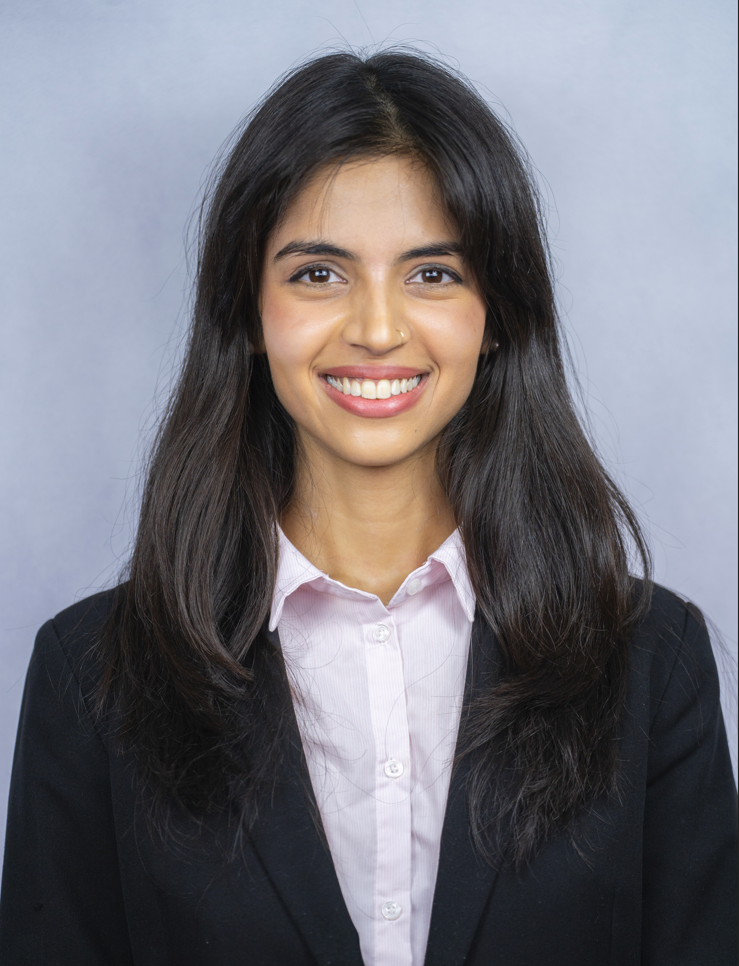
Anamika is a resident physician in Public Health and Preventive Medicine at the University of Ottawa and a recent graduate of the Master of Public Health program at the Harvard T.H. Chan School of Public Health. She previously completed her residency in Family and Community Medicine at the University of Toronto.
As a Research Scholar at the Health Systems Innovation Lab, she contributes to the Health Observatory projects, leveraging data and digital tools to inform global health system improvements. She is also involved with the Harvard Medical School Center for Primary Care, where she has been leading multiple projects relating to electronic consults usage in primary care.
Her interests lie at the intersection of innovation, equity, and system design in healthcare, with a particular focus on strengthening primary care delivery in low-resource settings. With a strong foundation in clinical care and population health, she is committed to advancing evidence-based strategies that improve access to care.
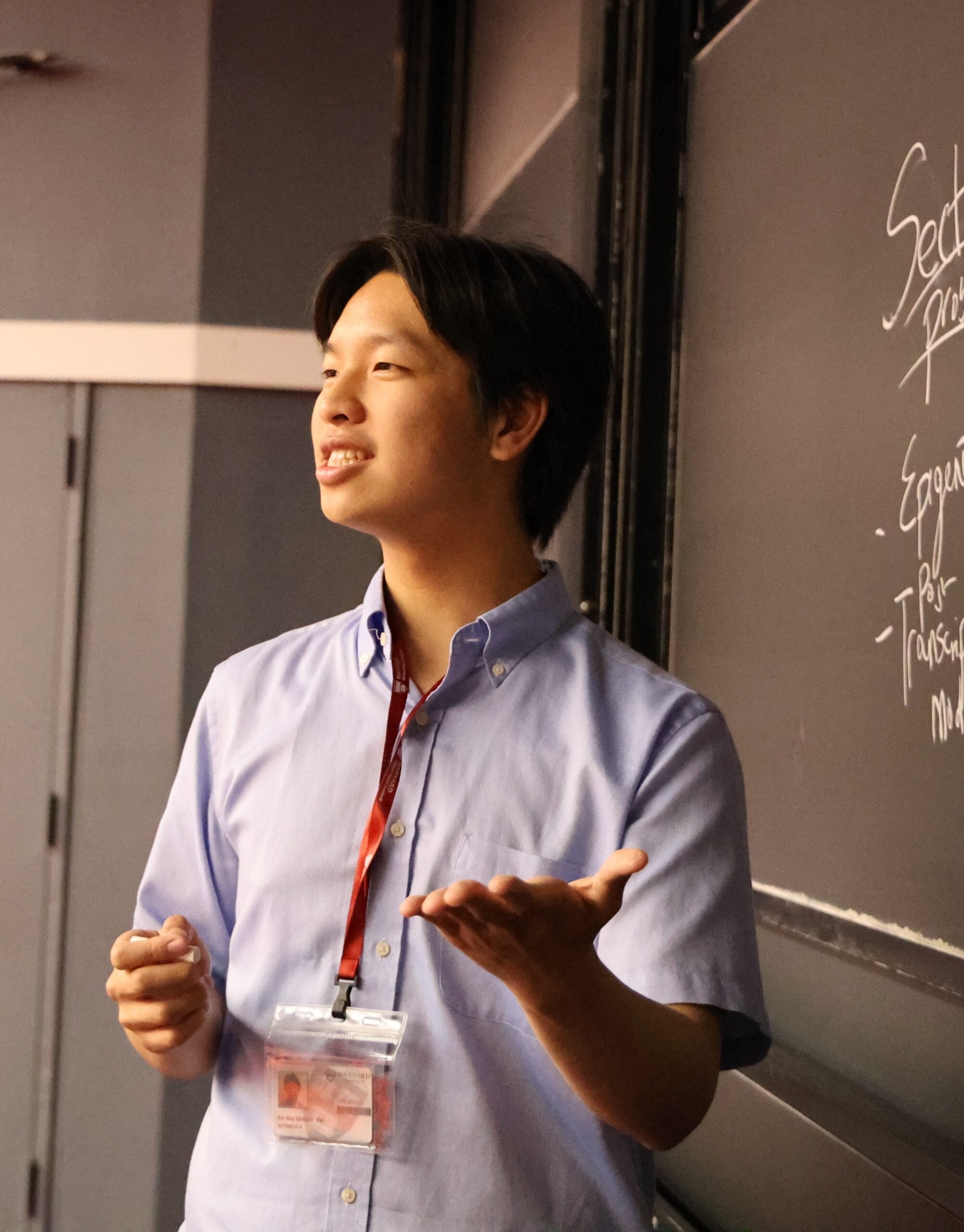
Ernest Yip is a fourth-year medical student and President’s Scholar at HKUMed – University of Hong Kong, and a recent master’s graduate and Dean’s Scholar at Harvard Medical School. As a Research Scholar at the Harvard Health Systems Innovation Lab (HSIL), Ernest plays a key role in advancing the work of value-based care, health systems visualization and global health observatory initiatives for the G20+ and Commonwealth countries. Combining his interests in global surgery, he spearheads the development of high-value and people-centered models of surgical care as a Harvard Medical School Global Primary Care Student Scholar. In addition, he is a Teaching Fellow at Harvard College, a selection committee member for Harvard Global Health Institute, and represents the wider Harvard Medical School student body as its Master’s Program Representative. Ernest previously served as President of the Hong Kong Outstanding Students’ Association and currently its Council Member. He was also a Laidlaw Research and Leadership Scholar and now serves as a Board Member of the Laidlaw Foundation. Committed to community service, Ernest actively mentors underprivileged students through the Hong Kong Government’s flagship program on youth mentorship and poverty alleviation.